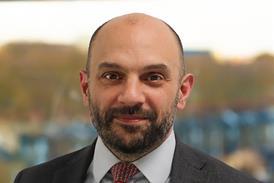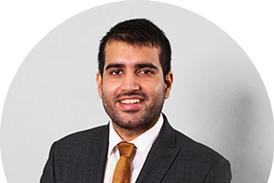The state of California – which has the second highest population of lawyers in the US – is on the verge of relaxing rules about the involvement of non-lawyers in the profession.
The State Bar of California, which regulates some 170,000 lawyers, said this week it is contemplating new proposals to lift practising restrictions and allow non-lawyers to share law firm profits.
The 16 options for possible changes follow a task force report commissioned last year into how California could widen access to justice and encourage innovation.
A decision is expected by the end of the year. It could herald the first major reform by a leading state regulator in a nation which has doggedly refused to countenance non-lawyer involvement (some smaller jurisdictions have already relaxed their rules). This opposition has largely held firm despite England and Wales' embrace of external investment and ownership through the Legal Services Act and the resulting alternative business structures.
The task force appointed by the State Bar of California seeks public opinion on narrowing restrictions on unauthorised providers to allow non-lawyers and non-law firm businesses to provide legal services. Proposals also include permitting a non-lawyers to own or have a financial interest in a law practice, and allowing fee-sharing with non-lawyers under certain circumstances.
Supporters believe the changes will improve the ability of new providers to enter the legal services market, incentivise innovators to collaborate with lawyers on technology-driven solutions, and expand opportunities for capital investment.
The State Bar emphasises it will require the same existing ethical standards on non-lawyers, and new entrants should have to meet eligibility qualifications and become regulated.
As well as a 60-day consultation period, the task force will also hear oral testimony next month at the State Bar’s San Francisco office. The task force includes 11 public members, 10 lawyers, and two judges.
While bar associations in the US have been reluctant – and at times openly hostile – to non-lawyer involvement, the UK now has more than 1,000 alternative business structures. They include leading accountants, trade unions, local authorities, insurers and universities, as well as hundreds of law firms passporting across to the new model. The latest, West Midlands firm Wadsworths Solicitors, said yesterday it had been approved as an ABS and would now explore investment and ownership by non-solicitors.



























5 Readers' comments